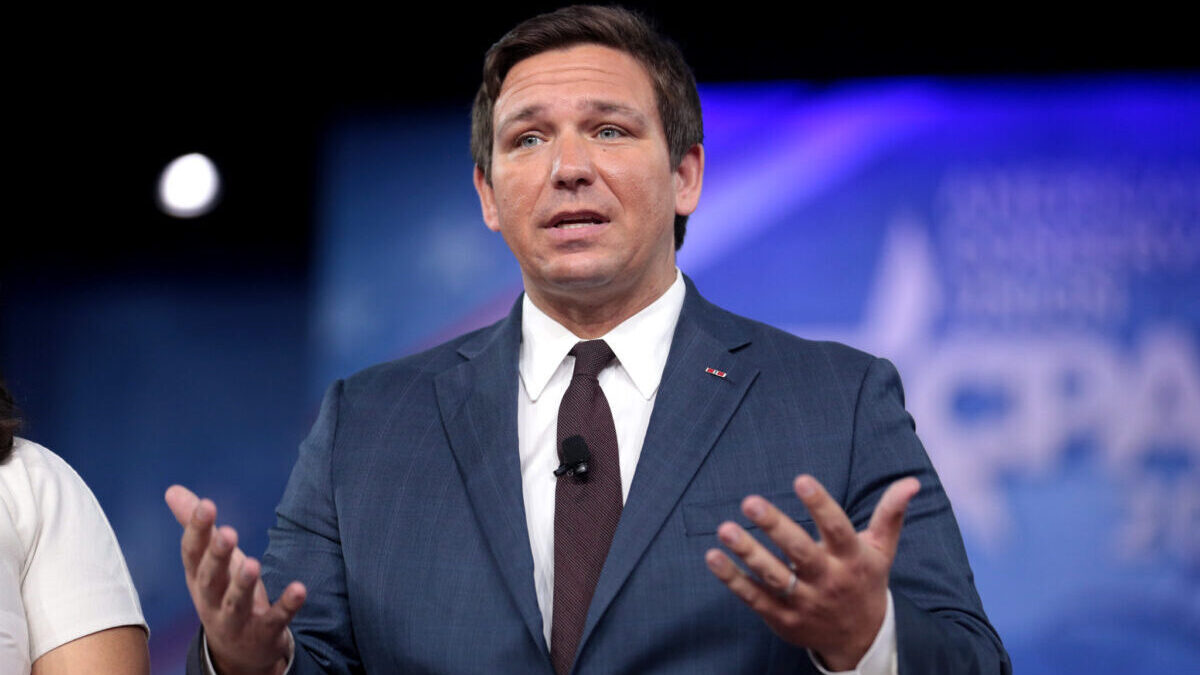The biggest Occupy Wall Street wasn’t anarchic tent encampments, but the new hires entering the corporate suites. Contrary to what many expected, when campus radicals entered the real world, they changed it. And so Wall Street and Big Business have gone woke, with rainbow flags and Black Lives Matter banners and critical race theory as a routine part of employee training.
Furthermore, the right-wing expectation that businesses that “go woke, go broke” has fallen flat. A few corporations have taken a hit to the bottom line, but most have found that going woke is just fine for business. More importantly, going woke has pacified much of the left; a BLM donation and a Pride sponsorship cover a multitude of corporate sins, functioning like secular indulgences.
Instead of trying to break Big Business in the name of economic justice, the left has embraced it as an ally in the fight for its ideals of social justice. This shift from economic concerns to race, sex, and gender has been part of the Democrats’ abandonment of blue-collar voters in pursuit of educated professionals. Democrats, and the Biden administration in particular, aren’t going to attack Big Business, because it is now an essential part of their base.
Thus, wokeness allowed Big Business to have its cake and eat it too. Republicans remained solicitous of business interests, while Democrats were eager to work with their new corporate partners. But in the long run, woke capital could easily find itself in a two-front war, with socialists on one side and right-wing populists on the other.
Republicans are turning against the corporations that are telling the country what to do on everything from election security to education. Florida Gov. Ron DeSantis has been exemplary in his response to Disney trying to bully the state over a new law that, among other things, restricts classroom discussions of sexual orientation and gender identity for young children. DeSantis has not only pushed back rhetorically, but has also suggested eliminating some of the special treatment Disney gets from the state.
As Biden continues to fail, Republicans will lambast Democrats for caring more about pushing culture war radicalism (e.g., transitioning kids without telling their parents) than addressing crime and inflation. Big Business could easily become another Republican target as class war and culture war merge. It was, after all, the fight over the Florida law that really pushed Disney’s efforts to “queer children” out into the open. And there are plenty of other targets, such as the Big Tech companies that censor the news, ban conservatives, and prey on children.
As conservatives wonder why they should protect corporations that hate them and their values, the corporate alliance with the Left is still tenuous. The Bernie Bros may not be done with the Democrats just yet.
Although many on the left have been satisfied by Big Business joining their side of the culture war, there are still constituencies on the left for anti-corporate politics. Indebted, left-leaning college graduates who can’t get good jobs may decide that woke capital is still too capitalist. Workers may not be quiet just because they are now oppressed by an LGBT CEO or having their salaries and benefits squeezed by a racially diverse corporate board.
Furthermore, a corporation that is woke enough to satisfy the internal mob will tend to creep normal people out, as Disney’s entry into the Florida fight shows. Disney isn’t going to go broke anytime soon, but leaked videos of Disney leadership discussing how they promote LGBT ideology and identities to children are going to cost it some customers.
This sort of radicalism may also alienate workers, especially given the propensity of woke ideology to induce bloat and incompetence. Just look at universities, where an ever-expanding array of diversity staffers rake in cash while actual teaching is mostly done by underpaid adjuncts and graduate assistants. Businesses have followed suit — diversity, equity, and inclusion consulting is worth billions of dollars a year, and even sympathetic coverage cannot hide that it is mostly a racket.
Thus, although corporate wokeness is rarely immediate suicide, it may still be toxic in the long run, alienating non-woke customers and employees. And as Republicans adjust to having Big Business as a foil, rather than an ally, corporate activism may lose its potency.
There are concerns on the left that Democrats have become too reliant on corporate power to win in the culture war. Republicans around the country could win a lot of political victories, and enact a lot of popular conservative policies, while left-wing salaried workers in California protest and demand that their employers do something about what is happening in, say, Florida.
The allure of going woke was obvious; it placates left-wing employees, plays well in the social class that business leaders belong to, and buys political goodwill from Democrats. It allows CEOs, investment bankers, and the professional-managerial class that serves them to pose as the good guys even while being ruthlessly greedy. It seemed, in short, like it was all for the best — so long as Republicans remained quiescent.
But conservatives may be less subservient to business interests than expected. That miscalculation could end up costing woke capital dearly, with Wall Street and Big Business taking fire from all sides.









